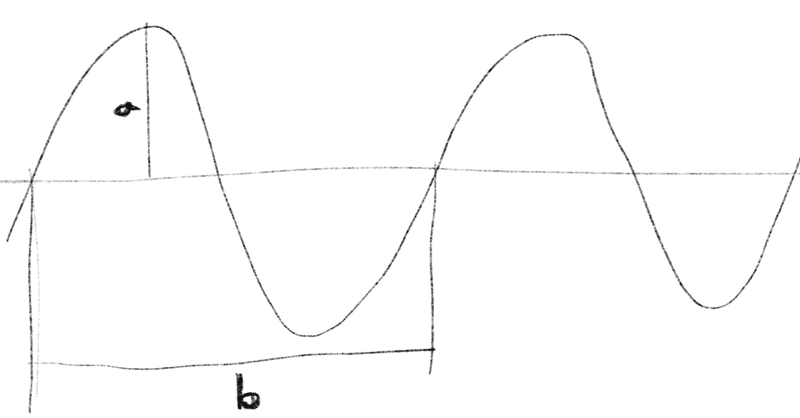
Wave 波
波はどこにでもあります。海や湖などの水面にできる波が言葉のもともとの意味だと思うのですが、音や、地震、電磁波、光など波としての性質を持ったものは色々あります。デザインやグラフィックスの観点でも波型は非常に一般的なパターンの1つで、ファッションや建築、アート作品や工芸品などでも良く見かけます。
Waves are everywhere. I suppose the word originally meant just waves on the water surface, like the ocean or a lake. However, there are many other things that exhibit characteristics of waves, such as sound, earthquakes, electromagnetic waves, and light. In terms of design and graphics, wavy shapes are one of the most common patterns and are often seen in fashion, architecture, and various art and craft pieces.

In physics and mathematics, a wave is the propagation of a spatially distributed pattern of physical quantities. For example, the phenomenon in which highs and lows on the water surface traverse away is a wave. Light and radio waves are waves in this sense, but even when we know that, we never truly feel them as such. In the everyday sense, we tend to think that waves should be clearly visible patterns of repetitive shapes, like Bridget Riley's paintings.
物理学や数学では、波は物理量の空間分布パターンの伝播を指します。例えば水面の高低があって、それが遠くへ伝わっていく現象が波なわけです。その意味で光や電波は波なのですが、知識として知っていてもそれが波だと実感したことはないと思います。日常的な感覚だとブリジットライリーの作品のような繰り返す形のパターンがはっきり見えるものが波だという感じがします。
This is not that either is right or wrong, but it is helpful to understand the context and intent in which the word is used to avoid confusion. For the purpose of sketching with code, though, we don't need to strictly separate the two. We can appreciate anything that produces interesting results.
どちらが正しくてどちらが間違っているということはないのですが、言葉が使われている文脈や意図を理解することは混乱を避ける役に立ちます。とはいえコードで絵を描く目線からは、両者を厳密にわける必要はありません。面白い結果が出ればそれで良いのです。

Let's review some basic terms related to waves in physics.
物理学で使う基本的な用語を確認しておきましょう。

The maximum height of the wave, $${a}$$ in the figure, is called amplitude, and the length of $${b}$$ is called wavelength. Or if the horizontal axis of the is time, $${b}$$ is the period, which is the time it takes for each oscillation. Frequency is the number of oscillations per second, which is one second divided by the period, $${f = 1 /T}$$, where $${T}$$ represents the period.図の$${a}$$、波の最大の振れ幅は振幅(amplitude)、$${b}$$の長さは波長(wavelength)と呼ばれます。横軸が時間であれば$${b}$$は1回の振動にかかる時間、周期(period)になります。1秒間の振動の回数が周波数(frequency)で、周期をTとすると、これは1秒を周期で割ったもの $${f = 1 / T}$$ になります。
Direction of the waves 波の向き
Vibration and Propagation 振動と伝搬
Sine waves and Additive Synthesis サイン波と加算合成
Pitch and Frequency 音高と周波数
This is a copy from kyndinfo.notion.site. Here's the original page.
このページはkyndinfo.notion.site からの転載です。元のページはこちら。
この記事が気に入ったらサポートをしてみませんか?
